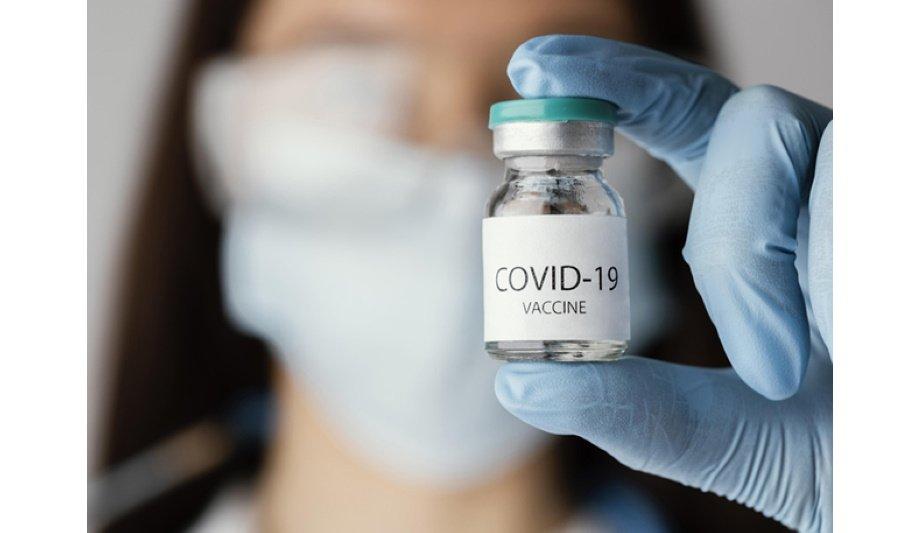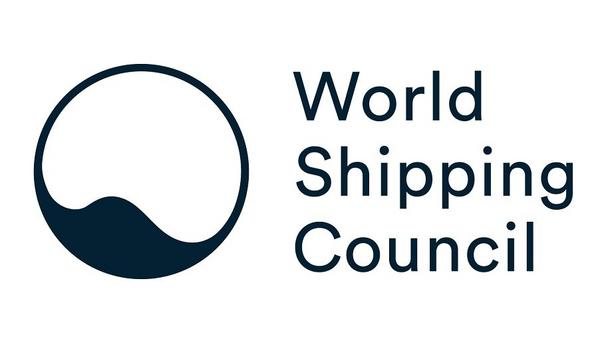The International Labour Organisation (ILO), International Maritime Organization (IMO), United Nations Conference on Trade and Development (UNCTAD) and the World Health Organization (WHO) have issued a joint statement asking stakeholders to take action to support the world’s 1.9 million seafarers from being unduly impacted by the ongoing COVID-19 pandemic and associated restrictions.
The statement comes in the wake of the Omicron COVID-19 variant of concern (VOC), which has, once again, caused many countries to close their borders, curtail crew movements, require additional vaccinations and approved paperwork and in many cases, deny seafarers access to appropriate medical care.
Joint statement from UN agencies
The UN agencies warn that the impact of these actions would not only cause seafarers (many of whom are from developing countries) undue hardship, but could also create supply chain disruptions that would affect the global population.
The statement highlighted that the full impact of the Omicron variant and added that related response measures on crew changes is not yet clear, and further VOCs may yet emerge.
Proactive approach to address challenges to shipping Industry
UN agencies call for common and proactive approaches to address evolving challenges to international shipping
The United Nations (UN) agencies call for common and proactive approaches to address evolving challenges to international shipping and its key workers, minimise adverse impacts on seafarers and their families, as well as on global trade, supply chains and sustainable development, while continuing to protect local communities.
Calls to action
The UN agencies reiterated 10 actions that can be taken, which are summarised below:
- Ensuring seafarers can access medical care and medical evacuation, if needed.
- Granting seafarers ‘key worker’ designation, removing barriers to crew change and safe movement across borders, and recognising relevant documentation for this purpose.
- Prioritising seafarer vaccination in national COVID-19 vaccination programmes and exempting them from requiring proof of vaccination, as the only mandatory condition for entry, in accordance with WHO recommendations.
- Providing access to COVID-19 tests and appropriate PPE (Personal Protective Equipment).
- Ensuring consistent application of internationally agreed protocols and standards, and avoiding punitive measures, fines and excessive costs.
- Adopting the latest legal instruments, including the MLC, 2006 and the Seafarers’ Identity Documents Convention (Revised), 2003, as amended (No. 185), and to ensure their implementation.
- Implementing WHO sector-specific guidance for the management of COVID-19 infections, on board cargo ships and fishing vessels
- Provision of public key certificates associated with any health proof to relevant trust networks, such as ICAO for international travel.
- Regularly updating relevant guidance and mechanisms, in line with developments and evolving scientific insights on medical emergencies at sea.
- Working to keep seafarers safe, limiting disruption to supply chains and preventing the unchecked spread of emerging VOCs, which could prolong the COVID-19 pandemic and its wide-ranging socio-economic consequences.










